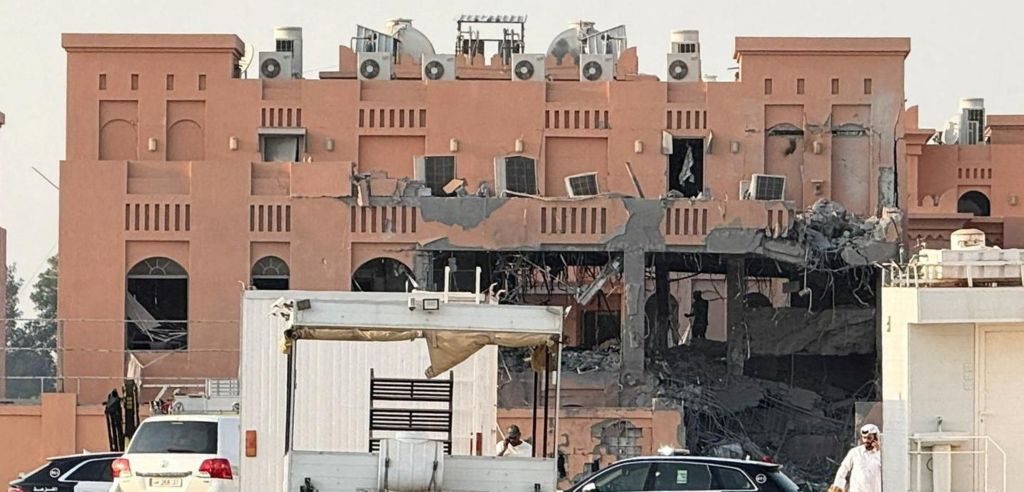- Israel launched an airstrike in Doha targeting senior Hamas leaders.
- Five Hamas members were killed, including the son of top negotiator Khalil al-Hayya.
- Qatar condemned the strike as a violation of its sovereignty and international law.
- The attack disrupted ceasefire talks and killed a Qatari security officer.
- President Trump expressed disapproval of the strike’s location but supported the goal.
- Global leaders condemned the escalation and warned of regional instability.
- Hostage families fear the strike may have derailed negotiations.
- Israel insists the operation was justified and independently executed.
An Israeli airstrike in Doha has triggered a diplomatic firestorm, after fighter jets targeted senior Hamas leaders inside Qatar — a key US ally and mediator in the ongoing Gaza ceasefire negotiations. The attack, which occurred on Tuesday afternoon, struck residential buildings housing members of Hamas’s political bureau, killing five individuals including the son of top negotiator Khalil al-Hayya.
The strike marks a dramatic escalation in Israel’s war against Hamas, extending military operations into Gulf territory for the first time. Israeli officials said the operation was a direct response to recent deadly attacks in Jerusalem and Gaza, and claimed the targeted Hamas figures were responsible for orchestrating the October 7 massacre that ignited the conflict.
Qatar, furious over the breach of its sovereignty, condemned the strike as a criminal act and a violation of international law. The Gulf state confirmed the death of a member of its Internal Security Force and warned of serious consequences. The attack also injured several others and damaged a compound where Hamas’s negotiating team was reportedly discussing a new US-backed ceasefire proposal.
President Donald Trump expressed disapproval of the strike’s location, calling it a setback to peace efforts, though he reiterated support for eliminating Hamas leadership. The White House said Trump had directed his envoy to notify Qatari officials of the impending attack, but Qatar disputes the timeline, claiming the warning came only after explosions had begun.
The fallout has been swift. Arab nations including Saudi Arabia and Egypt denounced the strike, while international leaders such as UN Secretary General António Guterres, French President Emmanuel Macron, and UK Prime Minister Sir Keir Starmer warned of regional escalation. Pope Leo XIV also voiced concern, calling the situation “very serious.”
For families of the 48 hostages still held in Gaza, the strike has deepened anxiety. With 20 believed to be alive, many fear the attack may have jeopardized ongoing negotiations. Hamas accused Israel of deliberately sabotaging peace efforts and held the US partially responsible due to its military support.
Israel maintains that the operation was independently executed and justified. Prime Minister Benjamin Netanyahu later claimed the strike could “open the door to an end of the war,” urging Gazans to embrace peace.
The incident underscores the fragile nature of ceasefire talks and the volatile intersection of diplomacy and warfare. With tensions rising and trust eroding, the path to resolution appears more uncertain than ever.

